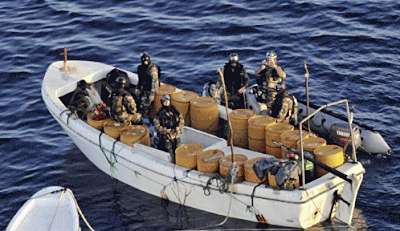HANOI, Vietnam, Oct. 12, 2010 — Disagreements over territorial claims and the appropriate use of the maritime domain pose a challenge to stability and prosperity in Southeast Asia, Defense Secretary Robert M. Gates told a group of regional defense ministers meeting here today.
Gates is one of eight defense leaders from nonmember nations invited to participate in the first “plus” defense ministers meeting of the Association of Southeast Asian Nations. The 10-member association includes Vietnam, Thailand, Singapore, the Philippines, Myanmar, Malaysia, Laos, Indonesia, Cambodia and Brunei.
In his remarks at the conference, Gates urged a peaceful resolution of territorial disputes that have beset the region, most notably in the South China Sea.
“The United States does not take sides on competing territorial claims, such as those in the South China Sea,” Gates said. “Competing claims should be settled peacefully, without force or coercion, through collaborative diplomatic processes, and in keeping with customary international law.”
The secretary applauded initial steps by nations with competing claims in the South China Sea to discuss development of a full and binding code of conduct on the matter, and he said the United States stands ready to help in facilitating such initiatives.
“We have a national interest in freedom of navigation, in unimpeded economic development and commerce, and in respect for international law,” he said. “We also believe that customary international law, as reflected in the [United Nations] Convention on the Law of the Sea, provides clear guidance on the appropriate use of the maritime domain, and rights of access to it. By adhering to this guidance, we can ensure that all share equal and open access to international waterways.”
Gates noted that the United States always has exercised its rights and supported the rights of others to transit through and operate in international waters. “This will not change,” he said, “nor will our commitment to engage in exercises and activities together with our allies and partners.”
Those activities, Gates said, are a routine and critical component of demonstrating the U.S. commitment to maintain peace and stability and promote freedom of navigation in the region.
“They are also essential to building habits of strong security cooperation,” he said, “which is necessary as we move forward to address common security challenges together.”
Source:
U.S. Department of Defense
Office of the Assistant Secretary of Defense (Public Affairs)

 von
von 